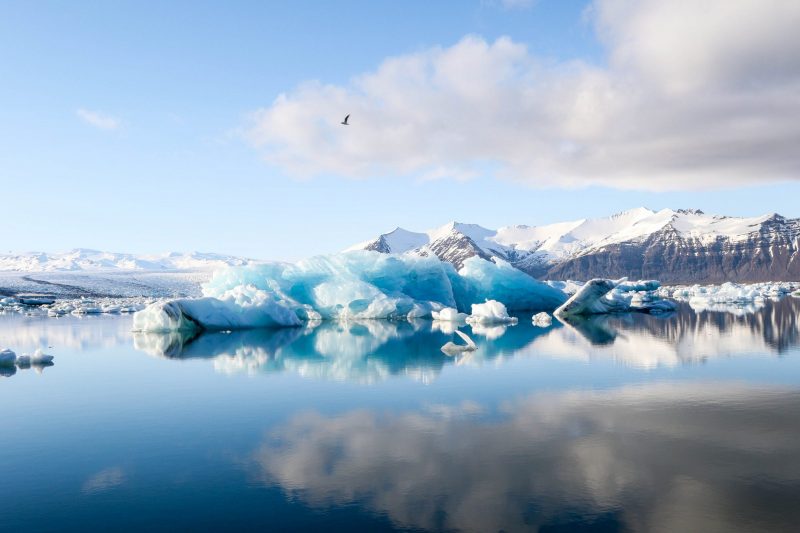1. Ocean & climate regulation

Contacts – Frédéric Le Moigne, Lucia Pineau-Guillou & Jill Sutton
Scientific context
Climate variability directly constrains the ocean, sea ice dynamics and biogeochemical fluxes, which in return affect atmosphere and climate. The ocean modulates the intensity of climate change by absorbing and redistributing part of the heat excess and greenhouse gas increase resulting from human activities.
The processes driving the behaviour of the complex system of ocean dynamics / biogeochemical components / marine ecosystems are nonlinear and take place on large spatial and time-scale spectra, from thousands of kilometers (ocean basin) to several kilometers (fronts), down to centimeters (turbulence).
Interactions and feedbacks between the global ocean, climate change and human activities are numerous and complex. Improved description and prediction of climate change and of the fate of important elements (C, N, P, Si, O2, Fe, Mn, Cu, Zn) are required, in response to a strong societal demand. Research is also needed on alternative mitigation approaches ranging from the energy efficiency of maritime transport to strategies involving the management of marine ecosystems and the ocean carbon pump.
Indeed, climate modifications that have already begun and are foreseen for the next century imply major suitable political decisions and rapid changes in the organisation of society, including climate adaptation strategies.
To address these questions, the ISblue community has leading expertise in fine-scale ocean dynamics, observation of ocean circulation and global climate, distribution and global cycle of trace elements, process-based studies of the ocean carbon pump, evolution of sea state, sea ice and icebergs under climate change and their impacts on maritime transport, efficiency of marine shipping and mitigation politics.
Specific objectives
ISblue Theme 1 is based on both disciplinary and interdisciplinary research, as well as on synergy between field studies, laboratory experiments, data analysis and innovative modeling.
Theme 1 will consider projects such as:
- Modelling and observing the dynamics of the ocean–ice–atmosphere interface from low frequency to high resolution, including surface waves, to improve the safety of human activities and the accuracy of regional climate scenarios;
- Coupling between dynamics, chemical elements, biogeochemistry and plankton ecology in the open ocean, from the scale of energy dissipation to large-scale thermohaline circulation, and their modifications linked to climate change;
- Integrating instrumental, archaeological and historical datasets with sedimentary records of climate variability over the last millennia combined with physiological knowledge of present and fossilized marine organisms to extend time series of climate into the past;
- Improving the safety and climate impact of global shipping, taking into account changes in the physical environment, legal issues, and energy efficiency of ships (through improved propellers, clean energy production, and better ship resistance to rough seas);
- Developing integrated assessments of alternative climate mitigation and adaptation strategies at multiple scales.
Photo credit: Jeremy Bishop | Unsplash
 Attention, vous utilisez un navigateur peu sûr !
Attention, vous utilisez un navigateur peu sûr !